In the wake of the global financial crisis of 2008, policymakers in the United States recognized the need for significant reforms to prevent a similar economic catastrophe from happening again. The result was the Dodd-Frank Wall Street Reform and Consumer Protection Act, a comprehensive piece of legislation aimed at overhauling the financial regulatory framework. In this article, we will explore what the Dodd-Frank Act is, its key provisions, its impact on investment, and its broader implications for financial stability.
The Genesis of the Dodd-Frank Act:
The Dodd-Frank Act, officially titled the Dodd-Frank Wall Street Reform and Consumer Protection Act, was signed into law by President Barack Obama on July 21, 2010. It is named after its co-sponsors, Senator Christopher J. Dodd and Representative Barney Frank, who played pivotal roles in its development and passage.
The Act was a direct response to the 2008 financial crisis, which saw the collapse of major financial institutions, a severe housing market downturn, and a global economic recession. The crisis exposed weaknesses in the U.S. financial system and prompted policymakers to take action to prevent a recurrence.
Key Provisions of the Dodd-Frank Act:
The Dodd-Frank Act is a sprawling piece of legislation that introduced a wide range of reforms across the financial sector. Some of its key provisions include:
1. Creation of Regulatory Agencies: The Act established several regulatory agencies, including the Consumer Financial Protection Bureau (CFPB) and the Financial Stability Oversight Council (FSOC), to oversee and regulate various aspects of the financial industry.
2. Volcker Rule: Named after former Federal Reserve Chairman Paul Volcker, this rule restricts proprietary trading by banks and their ownership of hedge funds or private equity funds. Its goal is to reduce risky trading activities within financial institutions.
3. Derivatives Regulation: The Dodd-Frank Act imposed new regulations on derivatives, requiring standardized derivatives to be traded on exchanges and centrally cleared. This aimed to increase transparency and reduce counterparty risk.
4. Systemically Important Financial Institutions (SIFIs): The Act established a framework for identifying and regulating SIFIs, which are large financial institutions whose failure could pose a systemic risk to the financial system.
5. Mortgage Reform: The Act introduced measures to address risky mortgage lending practices, including the requirement for lenders to assess a borrower's ability to repay a mortgage and the prohibition of certain predatory lending practices.
6. Enhanced Consumer Protection: The CFPB was created to protect consumers from abusive financial practices. It has the authority to regulate consumer financial products and enforce consumer protection laws.
7. Whistleblower Protection: The Dodd-Frank Act established whistleblower protections and rewards for individuals who report violations of securities laws to the Securities and Exchange Commission (SEC).
Impact on Investment:
The Dodd-Frank Act has had several significant impacts on the investment landscape:
1. Increased Regulation: The Act introduced a higher level of oversight and regulation in the financial industry, which has influenced the way investment firms operate and the types of financial products they offer.
2. Risk Management: Investment firms have had to adapt to the Act's risk management requirements, particularly in the areas of derivatives trading and proprietary trading.
3. Consumer Protection: The Act's focus on consumer protection has led to greater transparency in financial products and services, impacting how investors access and use these offerings.
4. Market Stability: The Act's provisions related to SIFIs and risk management have contributed to increased stability in financial markets, reducing the likelihood of a systemic crisis.
5. Derivatives Trading: Dodd-Frank's regulations on derivatives have reshaped the derivatives market, with more standardized contracts and centralized clearing, potentially affecting investment strategies involving derivatives.
Broader Implications:
The Dodd-Frank Act has broader implications for the U.S. and global financial systems:
1. Financial Stability: The Act's provisions are designed to enhance the stability of the financial system, reducing the risk of another financial crisis.
2. Global Influence: Many countries have adopted similar regulatory reforms in response to the financial crisis, influenced by the Dodd-Frank Act's approach to financial regulation.
3. Ongoing Debate: The Act remains a subject of political and policy debate, with some arguing for further reforms, while others seek to roll back certain provisions.
In conclusion, the Dodd-Frank Wall Street Reform and Consumer Protection Act represents a pivotal moment in the history of financial regulation. It was born out of the need to address the vulnerabilities exposed by the 2008 financial crisis and has since reshaped the financial industry, impacting investment strategies, risk management practices, and consumer protection measures. As financial markets continue to evolve, the legacy of Dodd-Frank remains a significant influence on how financial institutions and investors operate in a post-crisis world.

